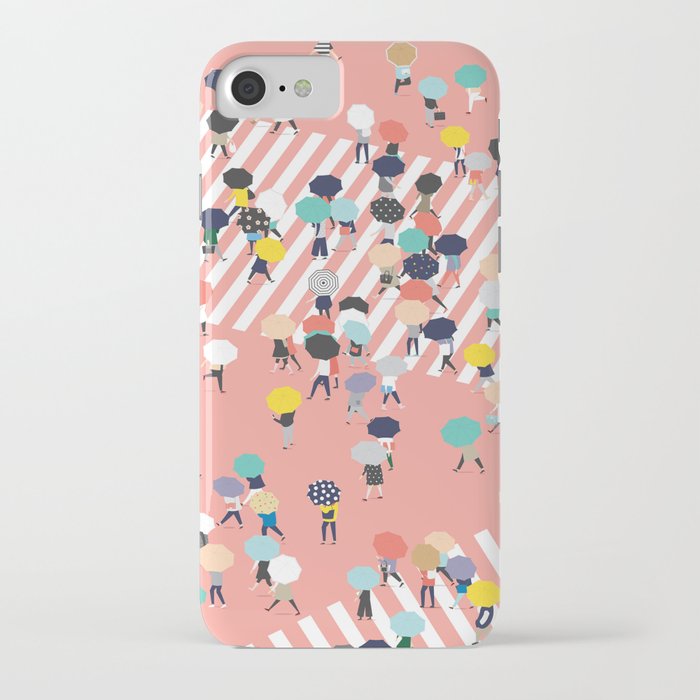crossing the street on a rainy day iphone case
SKU: EN-P10480

crossing the street on a rainy day iphone case
For anyone who likes to put the iPad up on a pedestal, here's the accessory for you: the iOstand. Produced by the folks at iOmounts--we ran into them at CES last month--the iOstand comes in three colors--black, white, or stainless steel. While the product's name implies that it's made for Apple products, it can also be used with other tablets. Be respectful, keep it civil and stay on topic. We delete comments that violate our policy, which we encourage you to read. Discussion threads can be closed at any time at our discretion.
CNET también está disponible en español, Don't show this again, Frand--also known as "rand" in the U.S.--is an obscure legal acronym that stands for "fair, reasonable, and nondiscriminatory," and crossing the street on a rainy day iphone case is based on the principle that fair licensing of intellectual property is often needed because sometimes certain ideas and patents just need to be shared for everything to work together properly, It's a fairly simple idea, but one that's been rocking the tech industry in recent years, Apple loves frand, as it's become one of the company's most useful tactics in the courtroom, Samsung is under fire for potentially violating the principle in Europe, For years, Qualcomm was burdened with accusations that it violated the notion, Recently, frand is figuring into some of the most high-profile technology lawsuits, including the ones between Apple and the various Android handset manufacturers..
The use of frand begins with the inception of a standards body for a particular technology. Oftentimes, many companies have to come together and agree to a set of standards for a certain technology in order for that technology's various parts to work together. Specific to a few of the recent wireless lawsuits, frand relates to the agreed-on technology used to form the 3G cellular standard called UMTS. Several companies hold what are known as essential patents, and are obligated to license them to all the other participants in a fair, reasonable, and nondiscriminatory manner.
"The fear is that you can't have people talking freely about what they're going to implement and worrying that someone will crossing the street on a rainy day iphone case come back and say, 'gotcha!'" said Mark Kesslen, a partner at Lowenstein Sandler, who heads up the law firm's intellectual-property practice, Though all of this cooperation between different companies might smack of a monopoly, the frand principle is deeply rooted in preventing the abuse of power and the formation of a potential trust, The doctrine makes it difficult for one company to use its patents--particularly if they're more essential than others in the standard--to overcharge competitors on licensing fees and gain an unfair advantage..
One issue with the principle is determining what exactly is reasonable. The general idea is that a company needs to charge the same rate to every company looking to participate in the standard. Companies have a right to generate revenue off their patents, but it's debatable just how much money a company should be able to make, and how standard such a rate can be. Consequently, there isn't really a standard definition for "reasonable.". "The words sound great," Kesslen said. "But there's nothing really that defines what 'reasonable' is.".